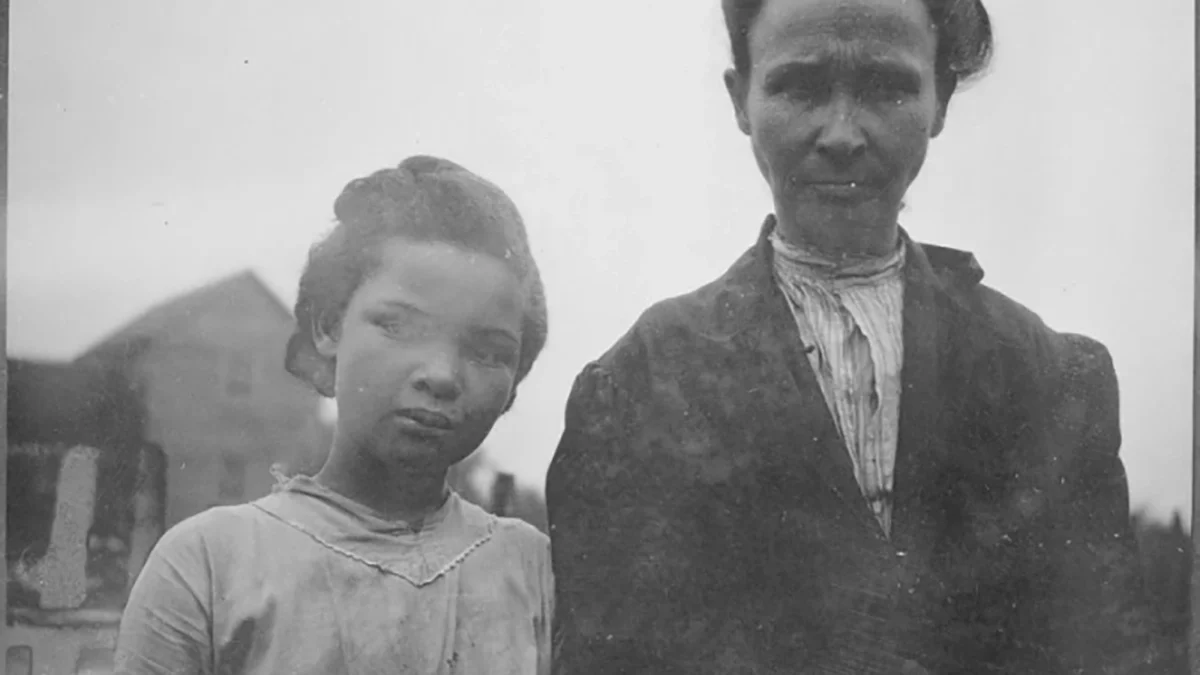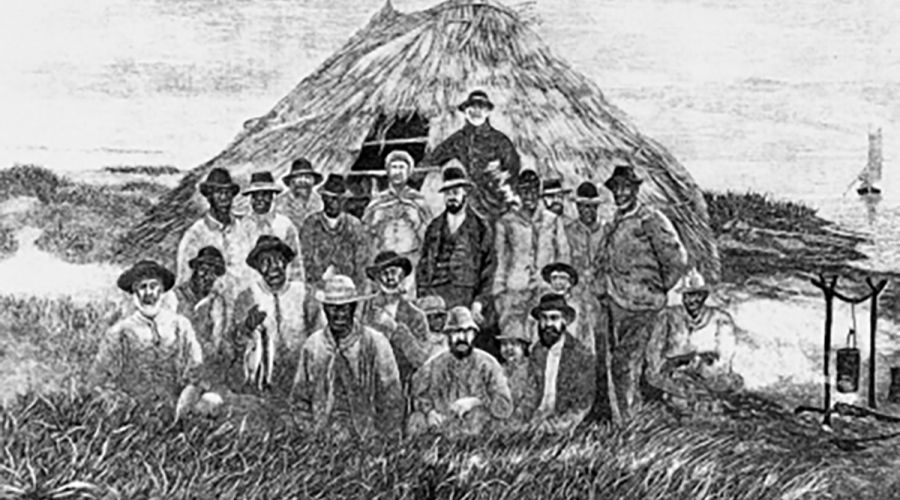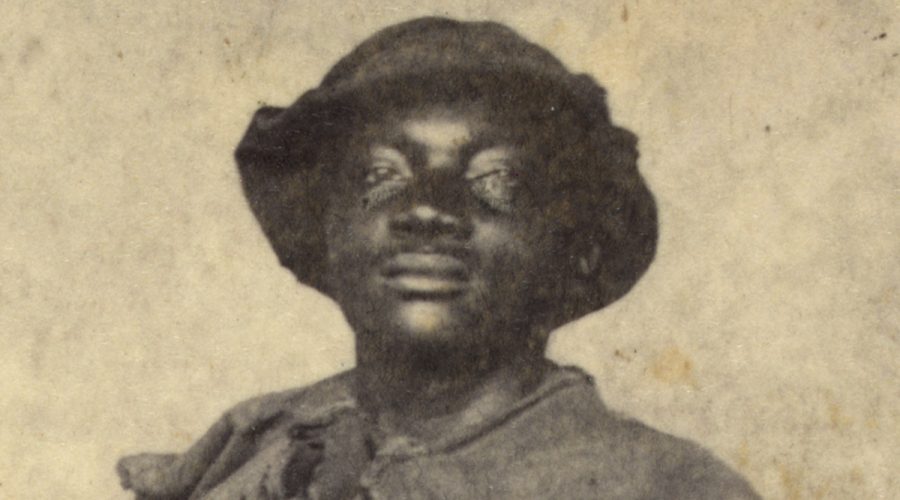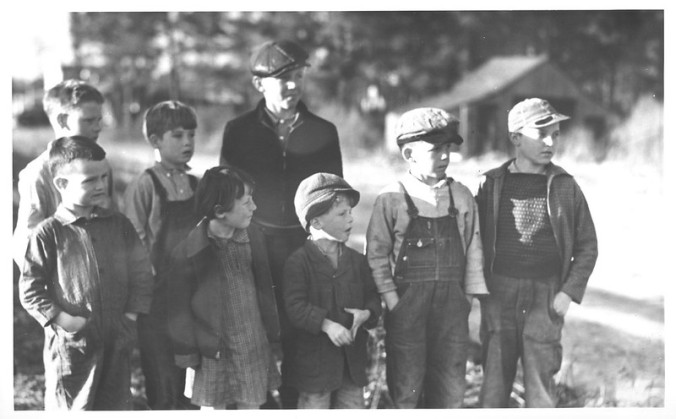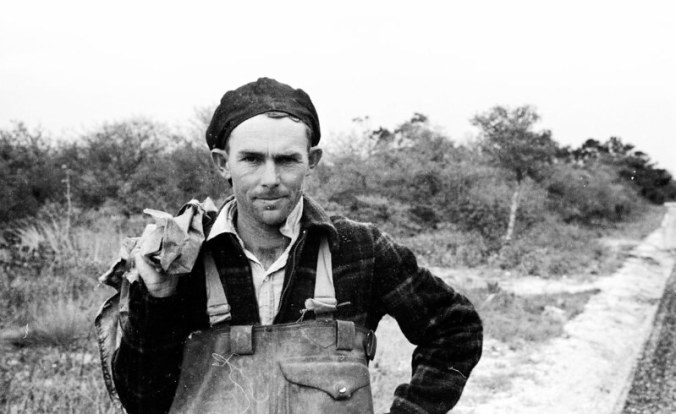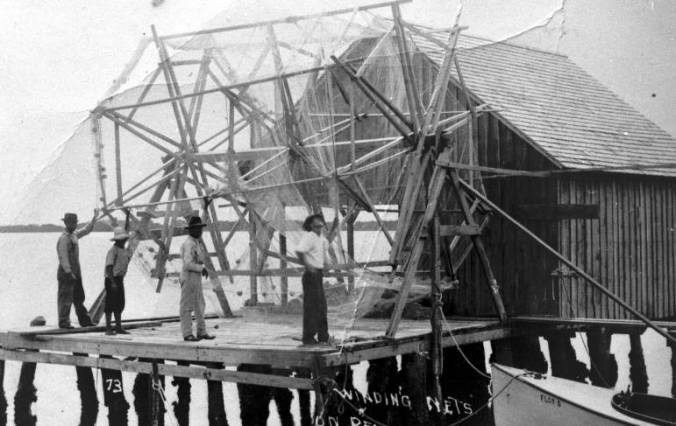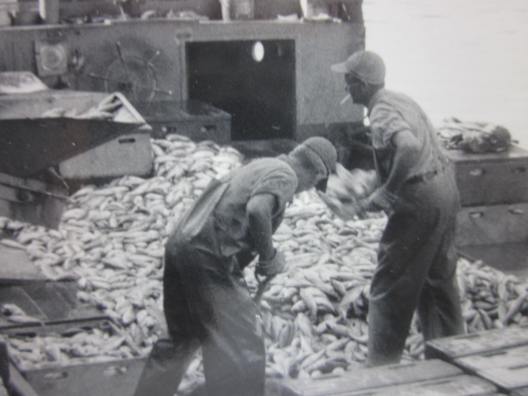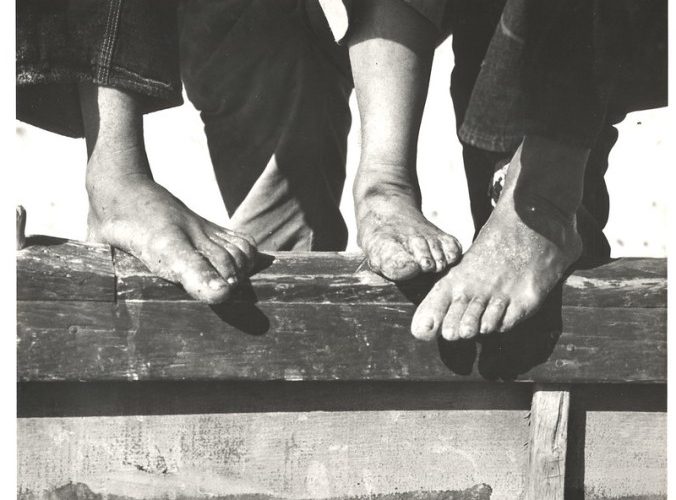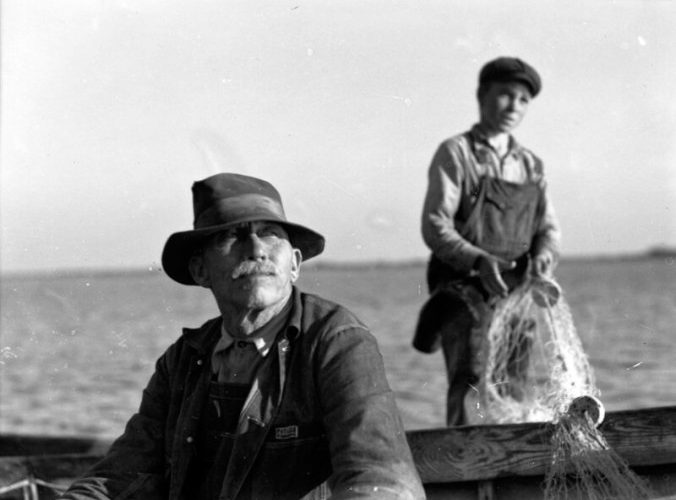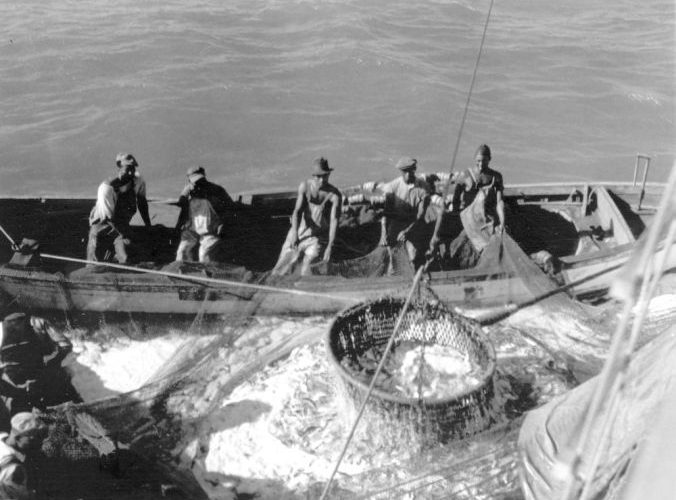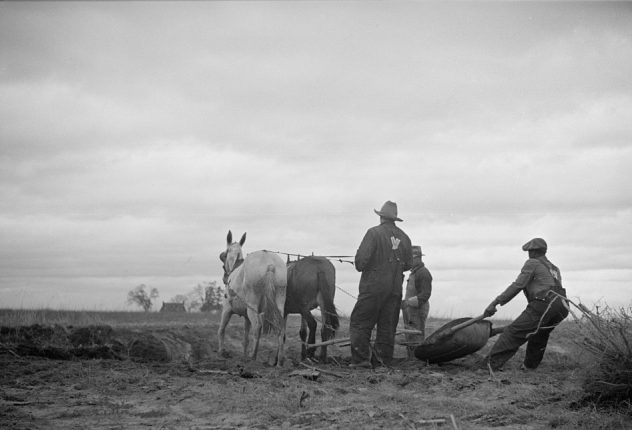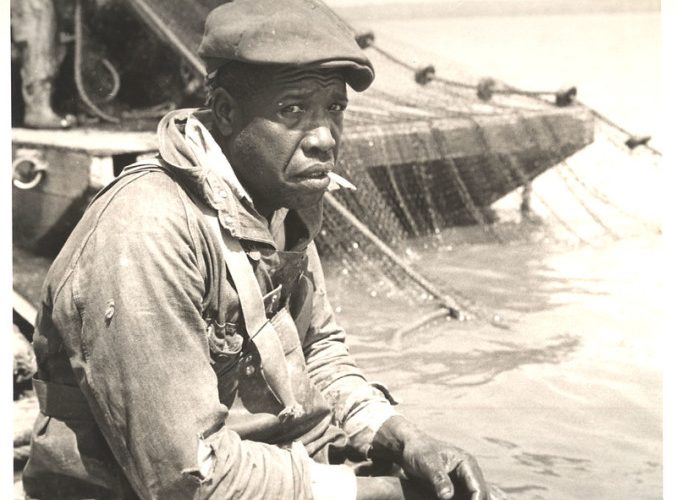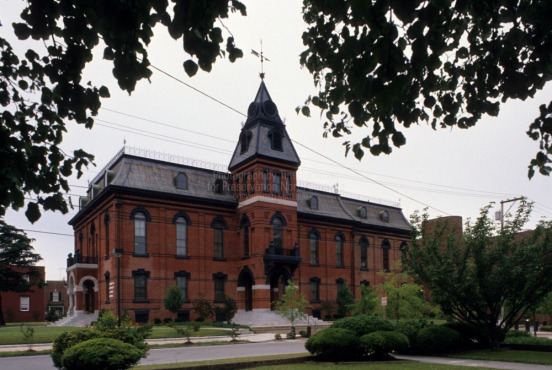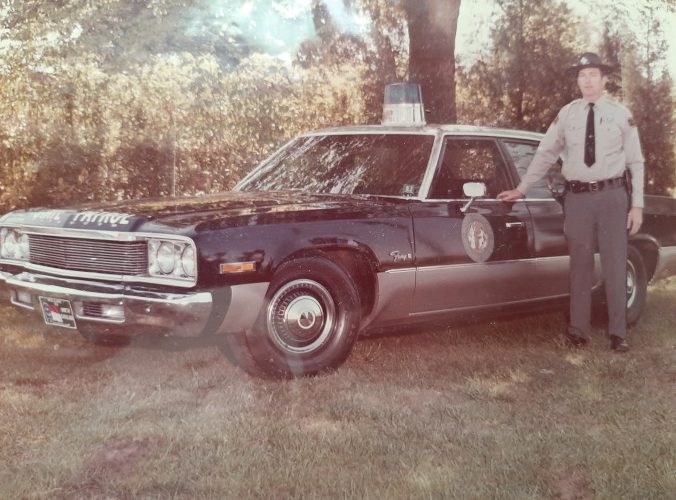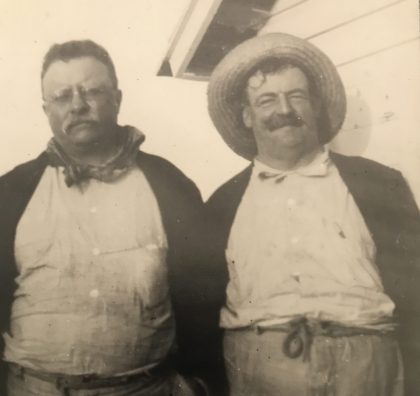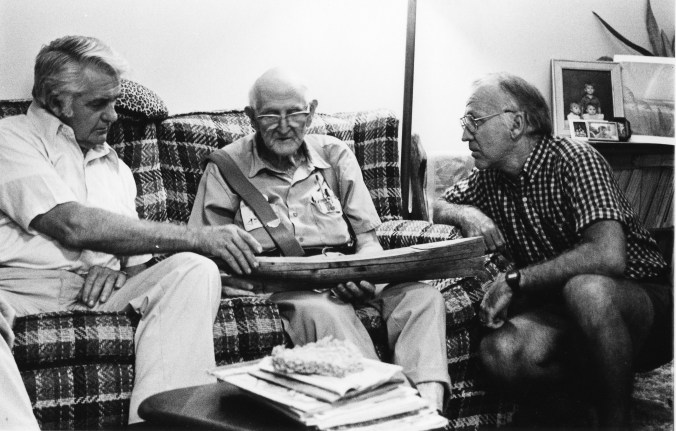In 1585, English explorers twice visited a Native American village called Aguascogoc, destroying it on their second stop. Historian David Cecelski traces North Carolina’s coastal tribal legacy.
Our coast’s people: Last daughter of Davis Ridge
Historian David Cecelski shares the story of Nannie Davis Ward, who grew up at the now-uninhabited Davis Ridge in Down East Carteret County, and her description in an interview before her death of the remote community of formerly enslaved watermen and island women.
‘They have got hold of the Bible’: Beaufort and the Civil War
The letters between an anti-slavery pastor and his daughter give a glimpse of Beaufort during the Civil War era, where escaped and liberated enslaved people could “come out of the shadow of slavery,” David Cecelski writes.
Lost photographs: Remembering NC’s fishing communities
Historian David Cecelski illustrates with a series of photographs life in the 1930s and 1940s fishing communities as well as the man who took the photos, Charles Farrell.
Our Coast’s history: The early days of Bogue Banks
Historian David Cecelski takes readers to the early days of Salter Path, before paved roads, now flanked with hotels and condos, cut through the Bogue Banks village
Mullet fishermen: A journey from Carteret County to Florida
The Florida fishing village known as Cortez has long been populated by folks with surnames that have for even longer been associated with the Bogue Sound area of North Carolina.
Whitehurst fishery: A Down East community on Lake Erie
Historian David Cecelski illustrates with photos and family lore the story of fishers from Down East Carteret County who found their way to Lake Erie more than a century ago.
Our Coast’s History: Varnamtown’s Fishermen 1938
Photographer Charles Farrell captured how mullet fishermen in the fall of 1938 “made do,” as historian David Cecelski explains, on Bald Head Island during the Great Depression.
Our Coast’s History: Remembering 1930s Sneads Ferry
Through Charles Farrell’s photographs of Sneads Ferry in the 1930s, historian David Cecelski learned the stories and people of the Onslow County fishing village.
Our Coast’s History: Menhaden Fishing Days
David Cecelski looks further into the work of photographer Charles A. Farrell, who documented fishing communities across the North Carolina coast in 1930s, including the menhaden industry in Beaufort and Southport.
Hard times: Voices from the Great Depression on NC coast
Historian David Cecelski found interviews from the Great Depression from a seaman from Ocracoke, a country doctor from Lake Mattamuskeet, a Norwegian dredge boatman in Beaufort, a washerwoman in Elizabeth City and others.
Our Coast’s History: The Herring Workers
Charles Farrell’s photographs of herring workers from 1937-1941 remind us of a different time and perhaps give us a vision of what could be again if the Chowan River is restored to health, writes historian David Cecelski.
The other coup d’etat: Remembering New Bern in 1898
New Bern in 1898 could have easily experienced a coup similar to the massacre that took place in Wilmington the same year, writes North Carolina historian David Cecelski.
Our Coast: Remembering a Church Bombing
David Cecelski shares his conversation with retired Trooper Bob Edwards, sole eyewitness to the 1966 bombing of an African American church in Craven County.
Shark Hunter Russell J. Coles at Cape Lookout
Historian David Cecelski begins the tale of shark hunter Russell J. Coles, a pioneer of the scientific study of sharks and rays who spent much of the early 20th century at Cape Lookout.
The Story of Shad Boats
Historian David Cecelski introduces his 12-part series, “The Story of Shad Boats,” that explores the origins, construction and history of the workboats found on the North Carolina coast in the late 19th and early 20th centuries.

